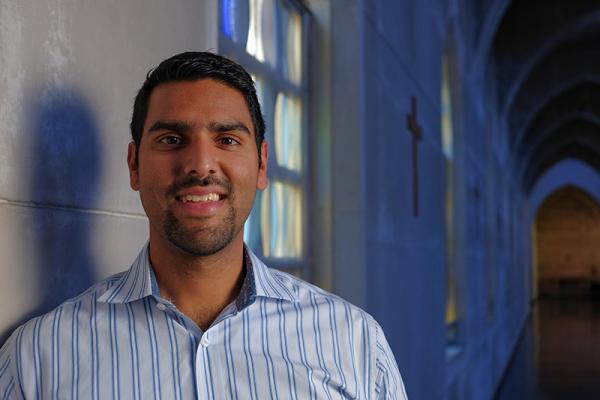Sep 19, 2017
In his final video, Qureshi shared “where my heart has been during my ministry.”
“I think it’s very important that we discuss matters of truth, but at the end of the day, that is supposed to be undergirded by love and by peace,” he said. “When we talk to people about our beliefs, we should do it through a lens of love, and the whole point should be to bring people together — to bring people together to the truth.”
Read the Full Article

Already a subscriber? Login
